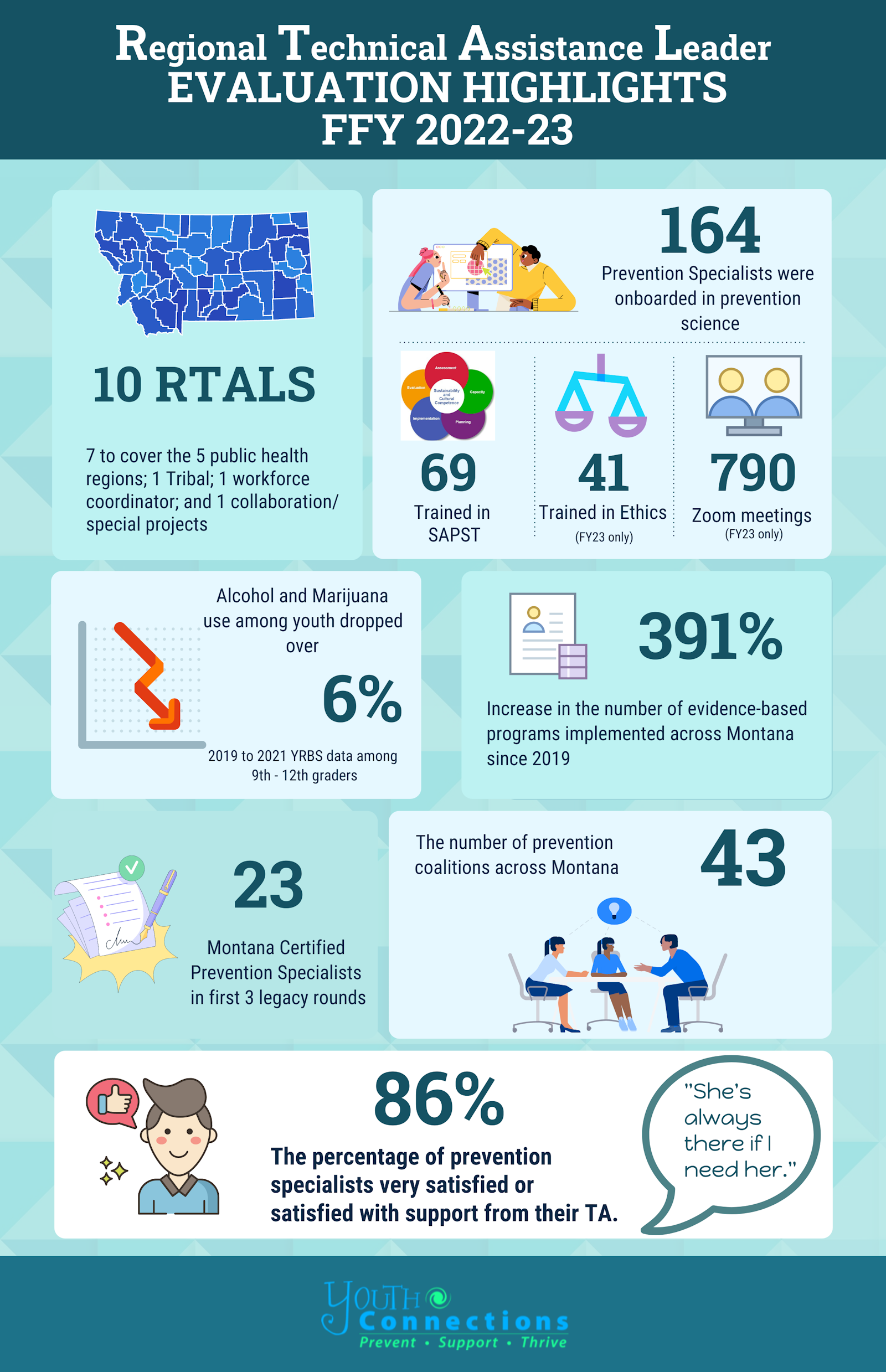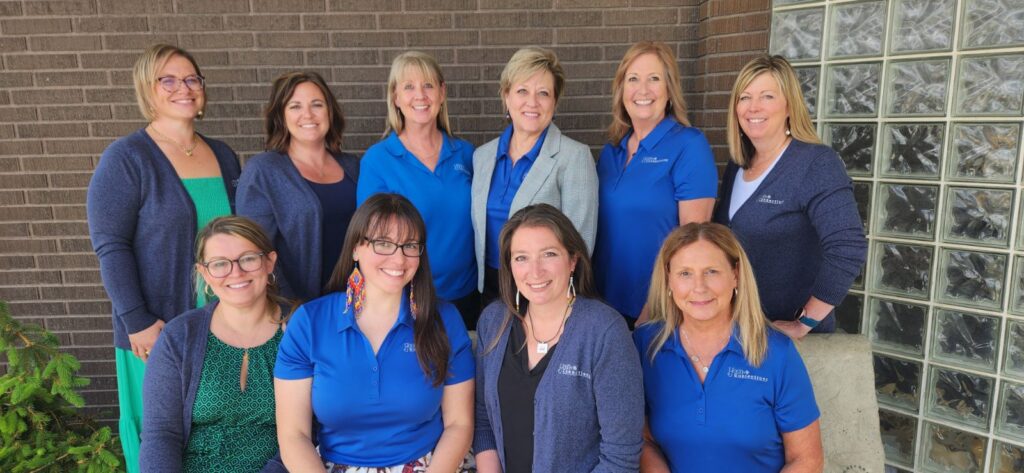
Our highly-skilled team provides the training and technical assistance needed for Prevention Specialists across the state to fulfill their role of reducing youth and adult substance use and abuse. Back row L to R: Sara Mahoney, Nicole Hackley, Kim Martinell (temporary employee), Coleen Smith, Jody Hanisch, Laura Cross (former employee). Front Row L to R: Sylvia Miller, Barbara Bessette, Jenny Fuller, Lisa Archibald (former employee).
Each RTAL provides targeted training and technical assistance to community-based prevention specialists to address problems associated with underage drinking, adult binge drinking, marijuana abuse, methamphetamine use and other emerging substance misuse and abuse priorities, with an emphasis on at-risk populations of youth on probation, youth in foster care and youth on reservations.
RTALs provide guidance in the areas of program development, quality assurance and data tracking, prevention workforce development, cultural competence training, and program evaluation. They assist Prevention Specialists through planning, coordination and collaboration of identifying and prioritizing community-based needs, identifying available resources and gaps in services, as well as implementing effective strategies and evaluation plans to address community needs.
This regionalized system has provided additional support to communities in need with the addition of more localized technical assistance providers.
Highlights of prevention accomplishments
These are highlights of prevention accomplishments made with the help of the RTAL team in Federal Fiscal Year 2023 (except where other dates are indicated)
Montana Health Planning Regions
Each of the five Health Planning Regions are allocated at least a full-time Regional Technical Assistance Leader (RTAL) position. Eastern and Southwest regions have 1.5 FTEs, while North Central, South Central and Northwest are each covered by one individual. There is an additional full-time RTAL position covering all 8 Tribes in Montana and one TA focusing on workforce development.
The RTALs oversee both Block and Partnership for Success Grant Prevention Specialists.
Region Designations:
1 – Eastern Region
2 – North Central Region
3 – South Central Region
4 – Southwest Region
5 – Northwest Region
and additonally
6 – Tribal regions designated TA
REgional leaders
1 - EASTERN

Sylvia is an Ohio native who found a passion for prevention during her 6 years in oncology research at the Cleveland Clinic. After getting married, Sylvia and her husband Luke, decided to head out west to follow their love for nature. They took a pit stop in a small rural town in Oregon where Sylvia continued her career in research and prevention at the Oregon Health & Science University working to address community-specific cancer issues.
In good time, the mountains kept calling and landed them in Western Montana where they plan on putting down roots. She is excited to take her experiences and continue to use them in the substance abuse prevention field. Sylvia believes together we can increase knowledge, acceptance and access to evidence-based information that improve the overall health of both our youth and adult populations.
Contact Sylvia at [email protected]
2/3- NORTH CENTRAL & SOUTH CENTRAL
NORTH DAKOTA PFS LEADER
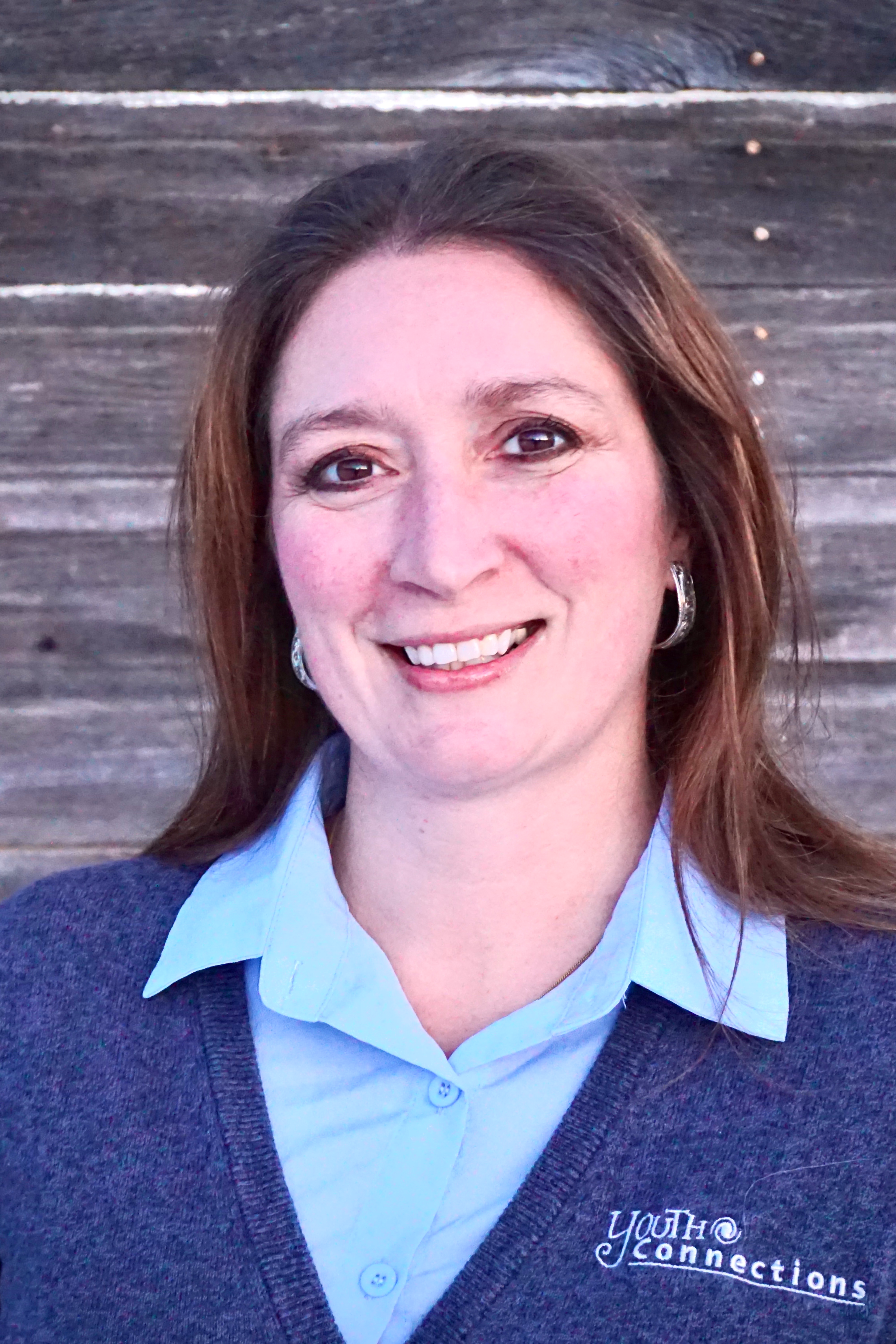
A Montana native, born in the shadow of the Mission Mountains and raised in the Flathead Valley, Jenny thought to follow a career of agricultural education and research. When life took her to Bozeman for college she stayed in those mountains for nearly twelve years before finding her way to the prairies of Eastern Montana. She has worked in justice and prevention for seven years now and shares her passion for adventure with her partner, Bruce and daughters, Katey and Britany. Jenny enjoys exploring new places, cooking, playing with her golden retriever and laughing with her family and looks forward to summertime fun on Fort Peck Lake. During her time in prevention, Jenny has enjoyed collaborating with community partners and seeing the dedication and commitment to prevention that she feels, reflected back by those amazing souls she works with.
Contact Jenny at [email protected]
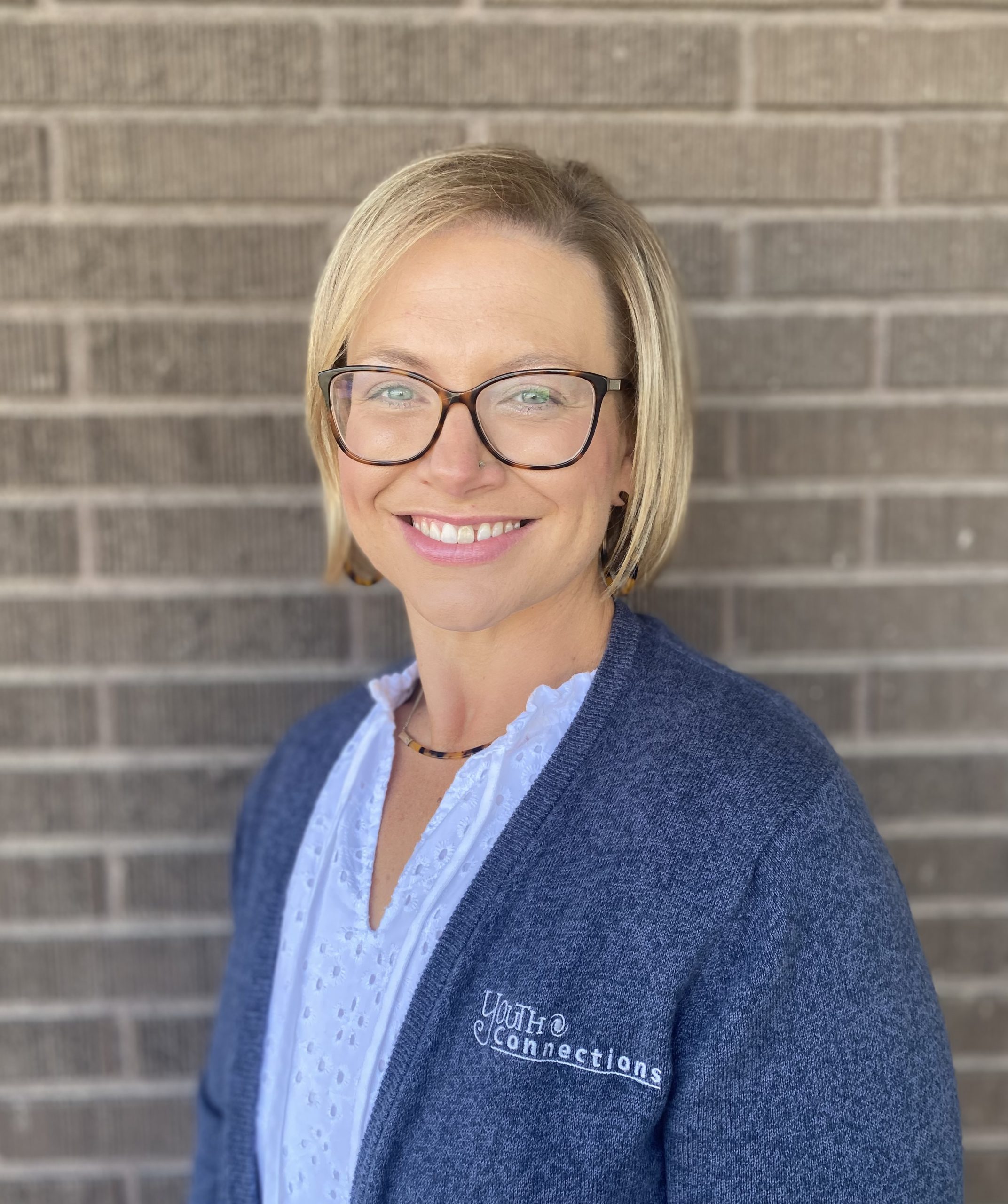
Sara was born and raised on a large family farm in South Central Montana and prides herself on being a true Montana girl. She enjoys hunting big game and running trails in the mountains one day and dressing up in heels and dresses for special occasions the next. Sara has a passion for functional wellness and nutrition and loves to incorporate exercise and movement into her daily life. Sara and her two children Madelyn and Jack live on the family farm and enjoy being outdoors and traveling. Sara has worked in prevention since 2008 and has experience providing Substance Abuse Prevention Services in all of South Central Montana’s 11 counties. If she isn’t working in prevention, you can probably find her outside walking, on her rowing machine, or at one of her kids’ school events.
Contact Sara at [email protected]
4/5- SOUTHWEST & NORTHWEST
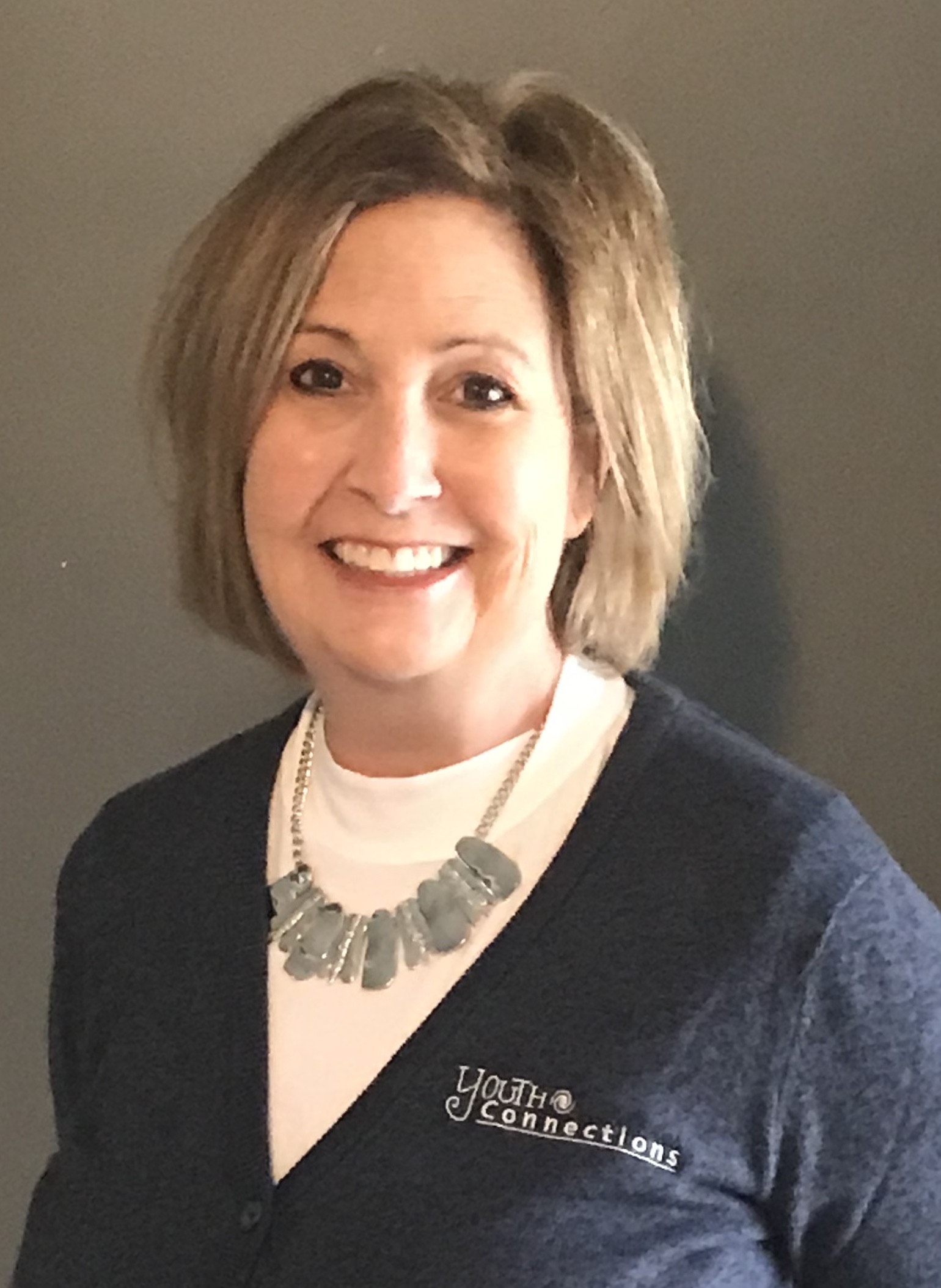
Jody was born and raised in the heart of the midwest in Southeastern Illinois. With 20 years experience, she began her career in substance abuse prevention after graduating from the University of Southern Indiana. She had the privilege to work with the rural communities in southeastern Illinois to address underage substance use. During her time in prevention, she has built strong relationships from around the country with others who are also passionate about creating positive change.
Jody lives in Grayville, Illinois with her husband, Jay. She enjoys reading, crocheting, boating, and spending time with her family, four children, and her furry friends, Piper (Labradoodle) and Bauer (Yorkie). Recently, their family grew by three with the births of their first grandchildren. She loves being their “Gogo”!
Contact Jody at [email protected]
TRIBAL TA
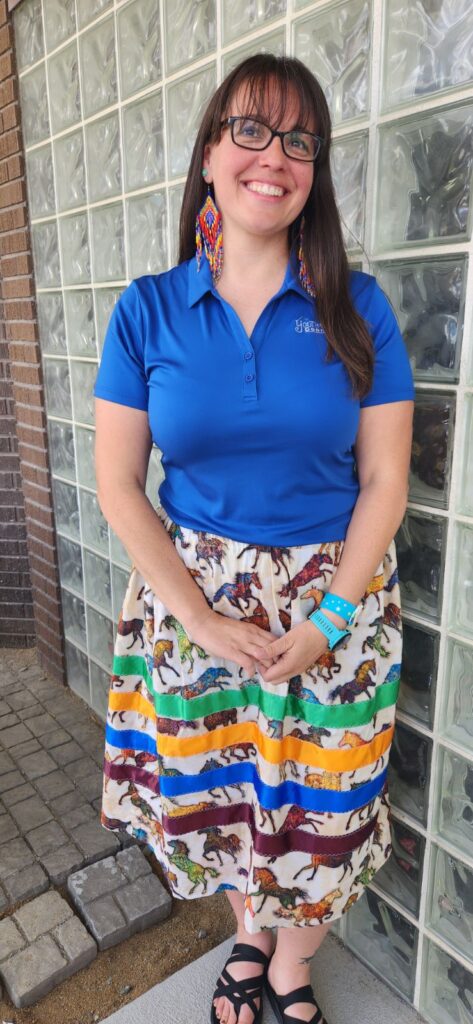
Barbara Bessette
Barbara lives in Great Falls and has lived in Montana all her life. She is an avid barrel racer, has two horses: Lola and Macy, and has a two toy Aussies: Chute and Julz. When not riding horses or rodeoing (which takes up a lot of her time), Barbara likes to read, run and enjoy the outdoors. Barbara has worked in prevention for 15 years including domestic violence prevention, obesity prevention, and ATOD prevention. She was awarded KRTV’s “5 Under 35” in 2018 for her work in the prevention field in Cascade County. She doesn’t have a favorite place in the state, rather loves all of Montana, including the mountains and the plains. Her greatest prevention accomplishment is helping to bring the Montana prevention field into the 21st century and working with the RTALs to make prevention a top priority for the state.
Contact Barbara at [email protected]
WORKFORCE
DEVELOPMENT TA
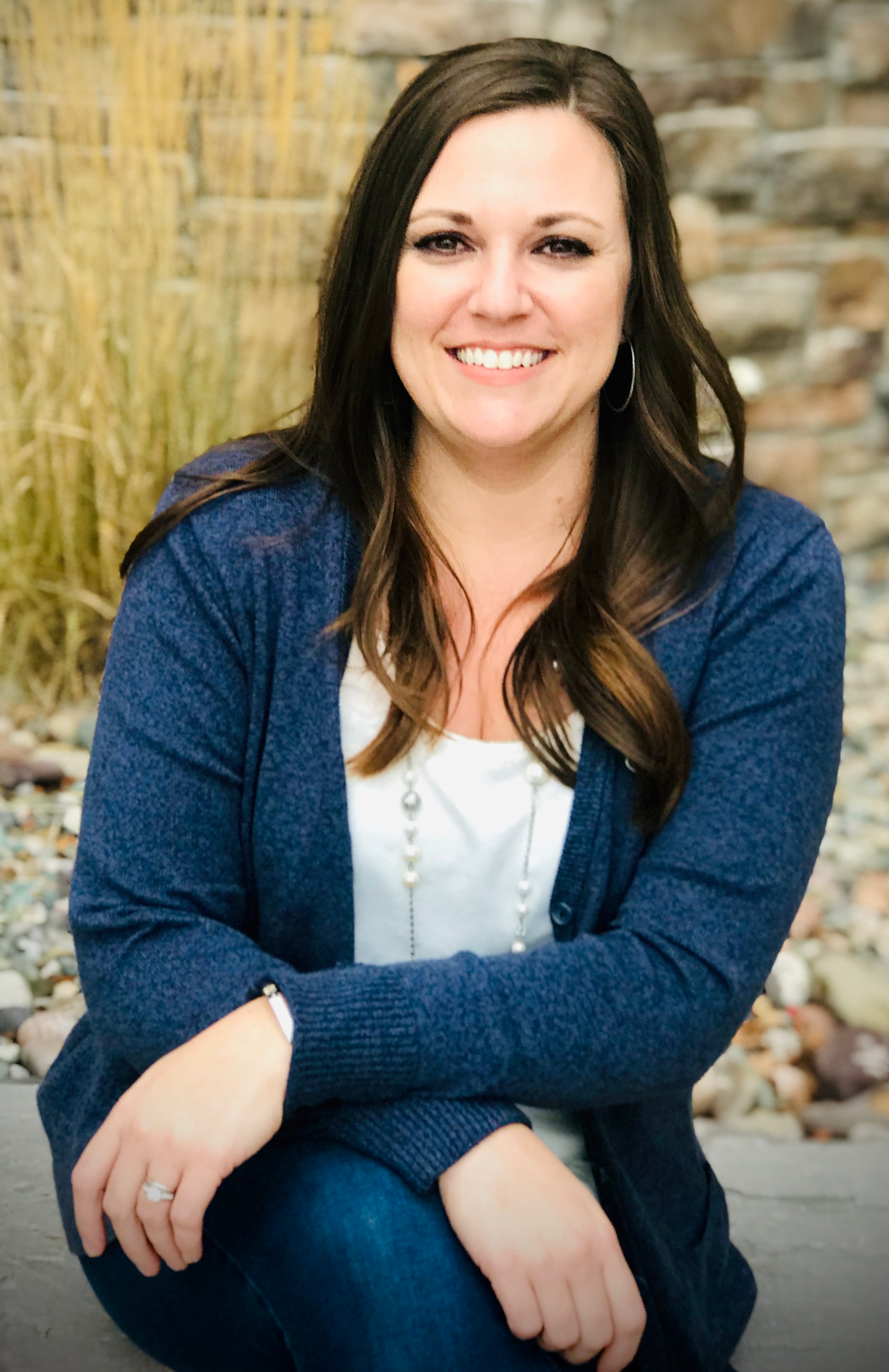
Nicole grew up in the beautiful Bitterroot Valley of Montana and received her degree in Sociology from Montana State University. Her career in substance misuse prevention started in 2009 in Eastern Montana, but eventually moved back to Western Montana where she currently resides with her husband Patrick and two sons, Hunter and Conner. She enjoys cooking, hiking, gardening, reading and spending time in the mountains. Nicole’s greatest accomplishments in her prevention career have been implementing nearly two dozen alcohol policies at retail establishments and county governments, and helping bring Prevention Specialist Certification to Montana, where she serves as the Secretary for the Montana Prevention Certification Board. She’s a trainer for SAPST, Ethics in Prevention, SAMHSA’s Core Competencies, and Question, Persuade, Refer Suicide Prevention Training.
Contact Nicole at [email protected]
EXECUTIVE DIRECTOR/SPECIAL PROJECTS
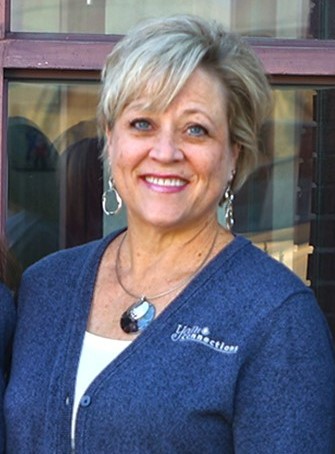
Coleen is a native Montanan, growing up in the Bitterroot Valley (Hamilton). After leaving the beautiful state for 20 years to live in the 4 corners of the U.S. – Alaska, Florida, Massachusetts, and multiple places in between, she returned to Helena 20+ years ago. She enjoys hiking, golfing, and boating with her husband, David. She also likes singing with the Helena Symphony Chorale. She has two daughters and sons-in-law, two granddaughters, a grandson, two step children and a step grandson. Prior to landing in substance abuse prevention in 2013, she worked in public relations, sales, and program development. Her happy place is Glacier Park. Coleen’s greatest accomplishment in prevention is taking Youth Connections from one part time employee to a staff of ten, surviving with virtually no grant funding.
Contact Coleen at [email protected]

